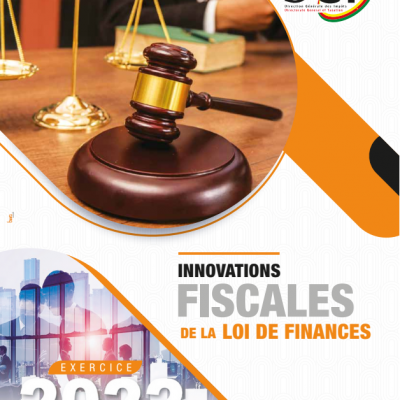The tax system in force in Cameroon recognizes a certain number of rights and guarantees to the taxpayer. These prerogatives are recognized to the taxpayer either during an audit, or otherwise.
I- Taxpayers’ rights and guarantees within the framework of tax audit
1. The right to information: the filing of the audit notice and of the taxpayer charter
The inspection notice together with one copy of the taxpayer charter should be sent to the taxpayer at least eight (8) days prior to the beginning of the inspection. This should be mentioned in the audit notice; otherwise, the audit shall be null and void.
2. The right to the assistance of a consultant
During an inspection, the taxpayer may be assisted by a consultant of his choice.
3. The right to request the postponement of an audit
Upon a duly motivated request, the taxpayer has the right to apply for the postponement of an on-the-spot inspection which has been notified to him by the administration.
4. The adversary inspection procedure
Where a shortcoming, an omission or an inaccuracy is noticed in the elements used as a basis for the calculation of any taxes and duties, the law recognizes that a taxpayer has the possibility to present his arguments de facto or de jure in response to the adjustments that the administration purports to charge to him, the onus of the proof shall lie in principle with the tax administration.
5. Limitation of the duration of tax audits
The spot checks of accounts may not exceed a period of three (3) months, except under duly explained special circumstances.
6. Non-renewal of the inspection
Where the audit of accounts under a given year of assessment in respect of a given tax or group of taxes is completed, the tax authority may not undertake further inspection for the same taxes under the same period.
II- Taxpayer’s rights and guarantees in his other relations with the tax administration
1. Advance tax ruling procedure
The advance tax ruling procedure enables the taxpayer or an investor to request the administration to formally take a position on a project prior to its implementation. The response received from the administration commits the latter not to challenge the fiscal situation of the taxpayer as long as he is in good faith.
2. The right to clarifications and information
The administration is bound to answer any query for information or interpretation from the taxpayer. The information provided and the interpretations given bind the administration for as long as the taxpayer’s situation has not changed.
3. Guarantee against changes in the administrative doctrine
When a taxpayer has complied with an interpretation of a fiscal text, as formally agreed by the administration at the time, any later change of this interpretation cannot have a retro-active effect.
4. Litigations
These are requests to obtain either the reparation for errors committed in the assessment of the tax, or the entitlement to a right resulting from a legislative or regulatory provision. These appeals comprise, upstream, an administrative phase which is purely hierarchical, which may lead to referral to the tax judge in case of dissatisfaction.
5. Appeals for clemency
These are requests filed by taxpayers who cannot, due to poverty or an impediment, pay duly established taxes. Such requests seek to obtain the cancellation, transaction or reduction of taxes, penalties or tax fines.



